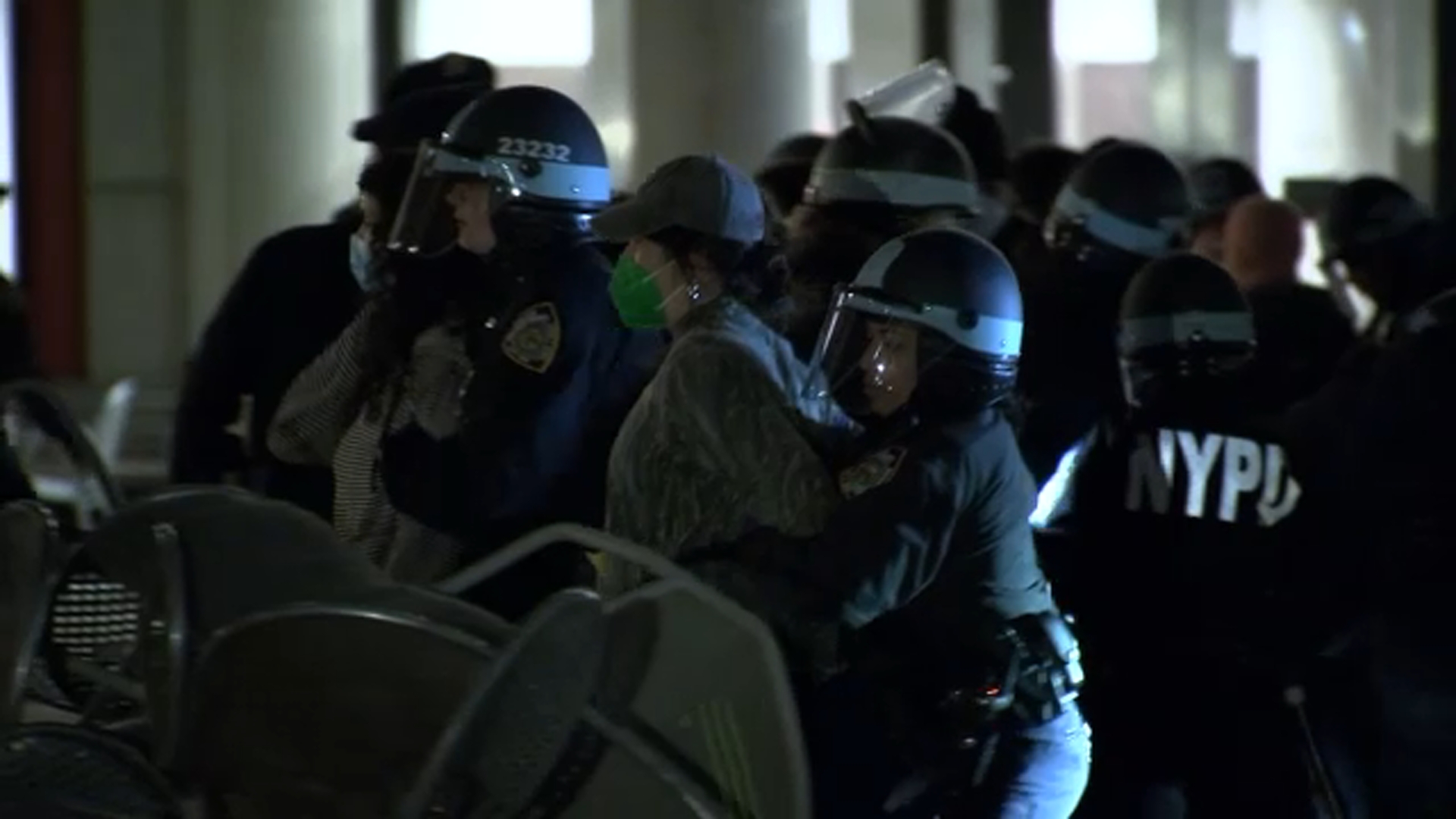Pennsylvania man who killed grandparents at 17 has sentence reduced


DOYLESTOWN, Pennsylvania -- A Pennsylvania man who murdered his grandparents when he was 17 has been re-sentenced to serve 45 years to life in state prison.
Richard Mazeffa, now 50, reportedly laughed when his life sentence was pronounced 32 years ago after he killed his relatives in their Warrington Township home in 1986. He showed no reaction when Bucks County Common Pleas Court Judge Rea Boylan imposed the new sentence on July 3.
Mazeffa will now be eligible for parole in 13 years.
The proceeding made him the fifth of six inmates from Bucks County serving mandatory life sentences for murders committed as juveniles to receive adjusted punishments. Each has received a reduction from Boylan that will give them a chance later in life to be paroled into the community.
Such proceedings are being held throughout Pennsylvania as a result of recent federal and state appellate court decisions that declared mandatory life sentences for juveniles to be unconstitutional, requiring new hearings to reconsider those sentences.
Mazeffaa told Boylan he is a different person from the angry teenager who committed acts he called "cruel, selfish and heartless."
He has the rare distinction of no misconducts in his 32 years behind bars, having spent much of his time reading nonfiction, playing chess and working in the prison library. Mazeffa told Boylan he hopes to leave a post-release legacy for something other than his crimes.
"I wait for time to pass when the only mark I have made on this world is a scar," he said. "I hope that my life can count for more."
On July 14, 1986, Mazeffa grabbed a shotgun from his grandparents' garage, loaded it with birdshot, walked into the house and killed the couple with one blast each as they sat together in the living room.
Mazeffa's only explanation at the time was that his grandfather, who had taken the teen in after a difficult home life with his parents, had ordered him to push his broken-down car out of the garage.
Mazeffa then tried to stage the scene as a robbery, cutting his grandfather's wallet out of his pocket, turning up the television volume and removing some jewelry before calling 911 in tears.
In a handwritten timeline of the murders and his subsequent arrest, Mazeffa wrote, "After being questioned for several hours I finally said to the question, Why?, Because 17 years of sh** really stinks.'"
Mazeffa's mother had committed suicide when he was a toddler, and he claimed to have been abused during his childhood.
His grandparents opened their home to him during his teenage years.
"They deserved peaceful lives surrounded by family, not an end of life at my hand," Mazeffa said. "I regret every facet of the damage I am responsible for...I am ashamed that people who once cared no longer want to look at me."
Mazeffa's family stood divided over what should be done with him.
His eldest uncle, George Mazeffa, said he has "significant concerns about the safety of my family and the extended family" if his nephew were released. Mazeffa's younger brother, Robert, said Mazeffa's emotionless bearing masks the shame and remorse he feels.
The co-owner of a West Coast software company, Robert Mazeffa said he would feel comfortable hiring his brother after prison, convinced he has learned to control and channel his emotions.
On cross-examination by Deputy District Attorney Marc Furber, Robert Mazeffa acknowledged "coaching" his brother on how to act in court, once telling him in a recorded prison phone call: "You need to put on a Hollywood performance without lying."
Mazeffa's father, also named Richard, said his son "understands the severity of the crime," but was noncommittal about how soon he should be released.
"There's no good answer," he said. "I'm a human being and [Boylan's] the judge. I'll say a prayer for her and wish her the best of luck."
Mazeffa's good behavior in prison had no ulterior motive, said his attorney, Burton Rose, since there was no hope for release until recently.
That changed in 2012 when the U.S. Supreme Court held in Miller v. Alabama that mandatory sentences of life without parole are unconstitutional for juvenile offenders. In 2016, the Supreme Court further held in Montgomery v. Louisiana that its findings in Miller should apply retroactively. That decision meant more than 2,000 juvenile lifers nationwide would have to be re-sentenced.
----------




